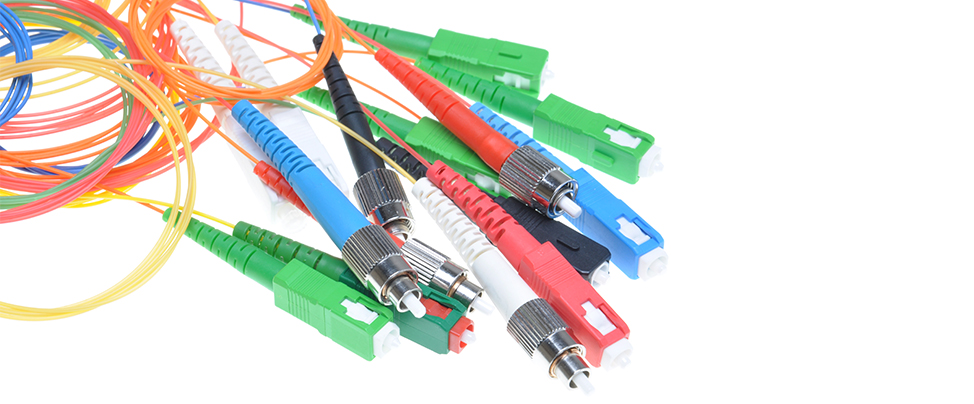
With Liberty and Internet for All: Access to High-Speed Internet
High-speed internet should be accessible to everyone. With the government's new promise to deliver internet to underserved communities, Jonard Tools looks to lead the way in fulfilling this promise!
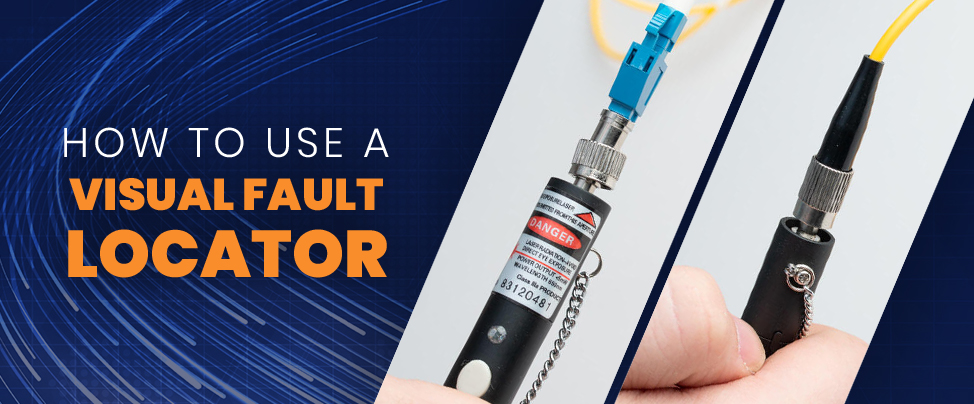
Simple Steps on How to Use Visual Fault Locators
Using fiber optic visual fault locators are effective, fast and easy. By following these simple steps you can quickly locate breaks or faults in your fiber optic network and take the necessary steps to repair them.
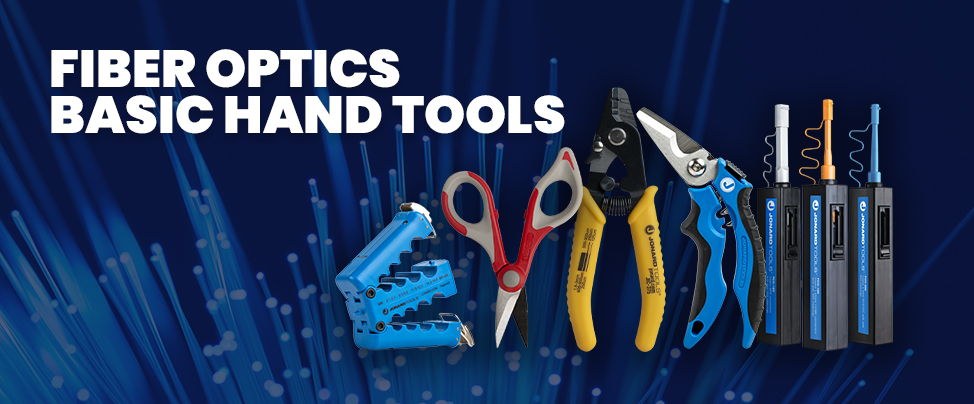
Basic Hand Tools for Fiber Optic Technicians
If you were to ask any seasoned fiber optic technician for advice on the basic fiber optic hand tools every entry-level technician needs to have in their toolbox, you will get an endless list that will differ (sometimes greatly) from one person to another.
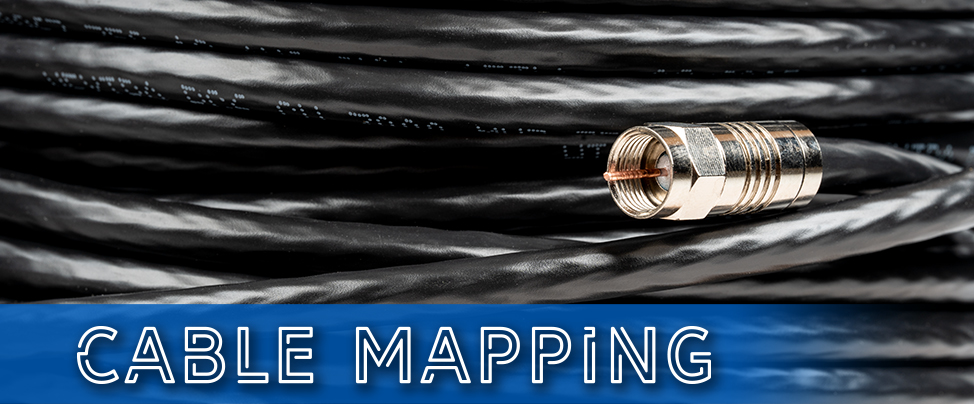
We're delving into how Jonard Tools' cable mapping tools make cable mapping and the process of locating and identifying cables easier.
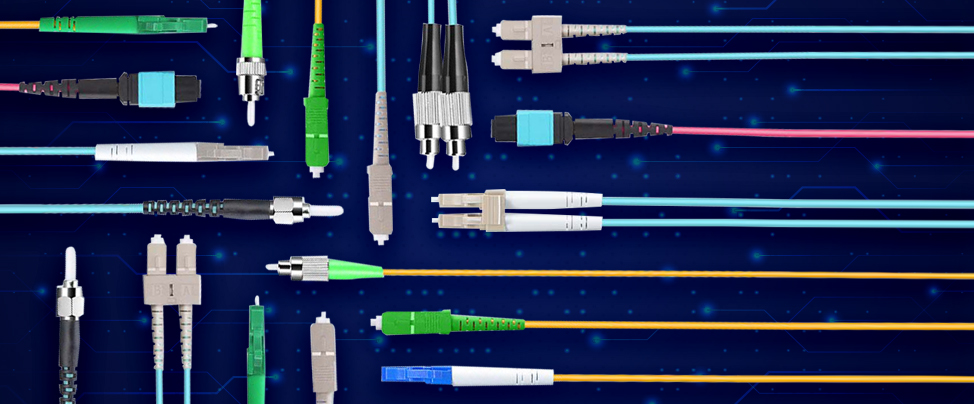
How Do You Choose Fiber Optic Cable Connectors? We Can Help
We're explaining the primary differences between some of the most common fiber optic cable connectors currently in the market.
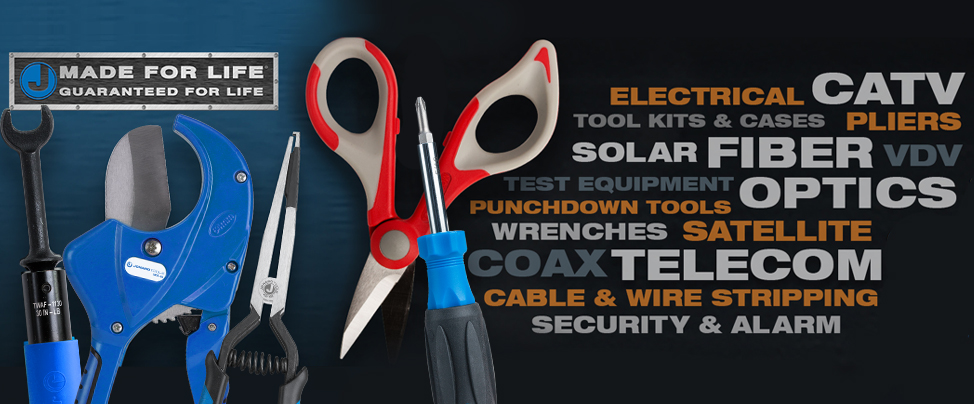
Fiber Optic Strippers. A Love Story between Engineers and Strippers.
To start you might ask yourself – love story? Yes, as an engineer this is the kind of stuff I love to dirty my hands with. I love my wife too, but fiber strippers…c’mon.
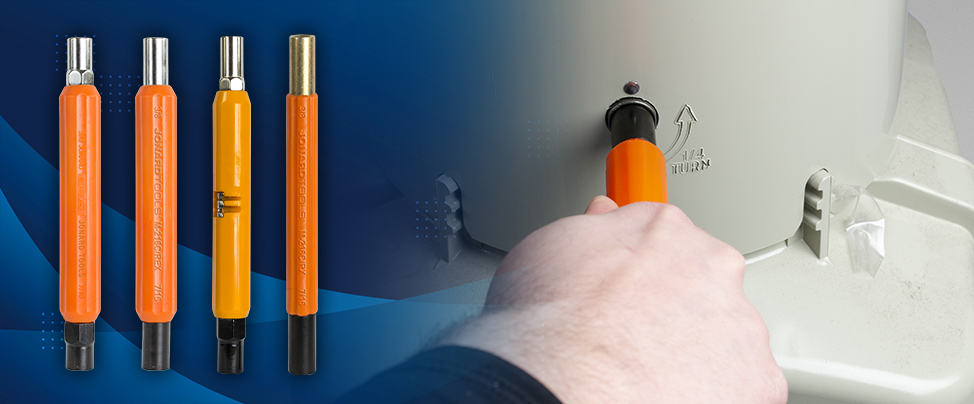
The History of the Can Wrench and Why We Still Use It Today
Those of you not familiar with the can wrench have to ask yourselves, what is a can wrench? I can tell you it is not a can and not what you think of when you think of a wrench. My first thought growing up when you mention the word wrench was some sort of an adjustable wrench to turn stuff. Well a can wrench is half way there.
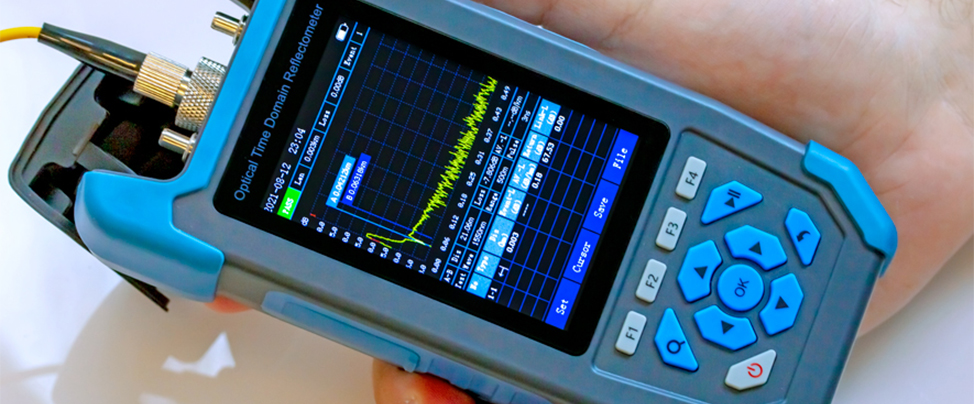
Optical Time-Domain Reflectometers (OTDRs). What You Need to Know.
OTDR’s (Optical Time-Domain Reflectometers) fundamentally do two things: They measure loss on a vertical scale, and they measure distance on a horizontal scale. There are also two types of event classifications that the vast majority uses when discussing events on the replicated signature trace upon completion of a test, or when reviewing a trace in real time: Non-Reflective and Reflective events.

